Russian authorities are reportedly investigating an alleged plot involving FPV (First Person View) goggles rigged with explosives, according to Russian military-affiliated sources. The devices were allegedly designed to detonate when powered on by drone operators. The incident bears similarities to Israel‘s September 2024 operation against Hezbollah that employed explosive-packed communication devices.
According to the Russian Razved Dozor Telegram channel, the sabotaged devices were identified as Skyzone Cobra FPV goggles containing improvised explosive devices (IEDs) with approximately 0.35-0.53 ounces (10-15 grams) of plastic explosive. The explosive devices were reportedly configured to detonate upon the goggles being powered on for their first use.
The compromised equipment was allegedly distributed through humanitarian aid channels, with packages shipped via the global logistics company SDEK by an individual identified only as “Roman.” According to the Russian Readovka news outlet, authorities intercepted several devices after noting that the boxes showed “weak signs of being opened.”
Technical Analysis
The reported modifications to the Skyzone Cobra goggles represent a different approach from the Israeli operation against Hezbollah. While that operation utilized sophisticated remote triggering mechanisms to simultaneously detonate thousands of compromised pagers and walkie-talkies, the alleged FPV goggle plot relied on a simpler activation method – requiring only power-up of the device. As noted by the Alex Parker Returns Telegram channel, while the explosive payload was small, “the power of the explosion would have been enough to break a temple.”

Supply Chain Implications
The incident highlights potential vulnerabilities in military supply chains, particularly those relying on civilian and volunteer networks for drone equipment. With FPV Drones playing an increasingly important combat role, both sides in the conflict have relied on crowd-sourced efforts to supply drones, goggles, and other required equipment to front-line troops.
Operational Impact
According to Russian military sources, the psychological effects of such attacks could be significant. As noted in the source material, having to physically disassemble every device needed in an active conflict would drastically slow down supply chains. The Russian Alex Parker Returns Telegram channel suggested that “this is only the beginning and further intensity of such sabotage will only increase.”
Future Considerations
The incident raises questions about the security of drone equipment supply chains. Unlike the Israeli operation against Hezbollah, which involved years of espionage work and an elaborate supply chain including front companies, this alleged plot appears less sophisticated but potentially represents a new challenge in the ongoing conflict.
Russian military bloggers have expressed concern that this may indicate the beginning of a broader campaign. The psychological impact could be substantial, as troops may now need to approach any electronic equipment with increased caution, potentially affecting operational efficiency.
The alleged plot, if confirmed, would represent an evolution in counter-drone warfare tactics, though significantly different from the more sophisticated Israeli operation against Hezbollah. As investigations continue, this incident may have broader implications for how military forces secure and verify their drone operating equipment.
Photos courtesy of X.
Discover more from DroneXL.co
Subscribe to get the latest posts sent to your email.
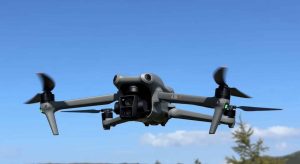
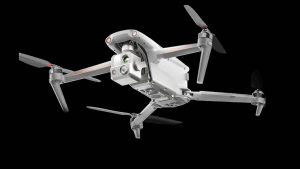


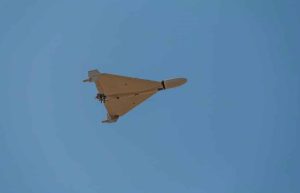
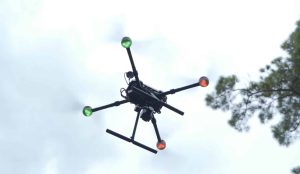



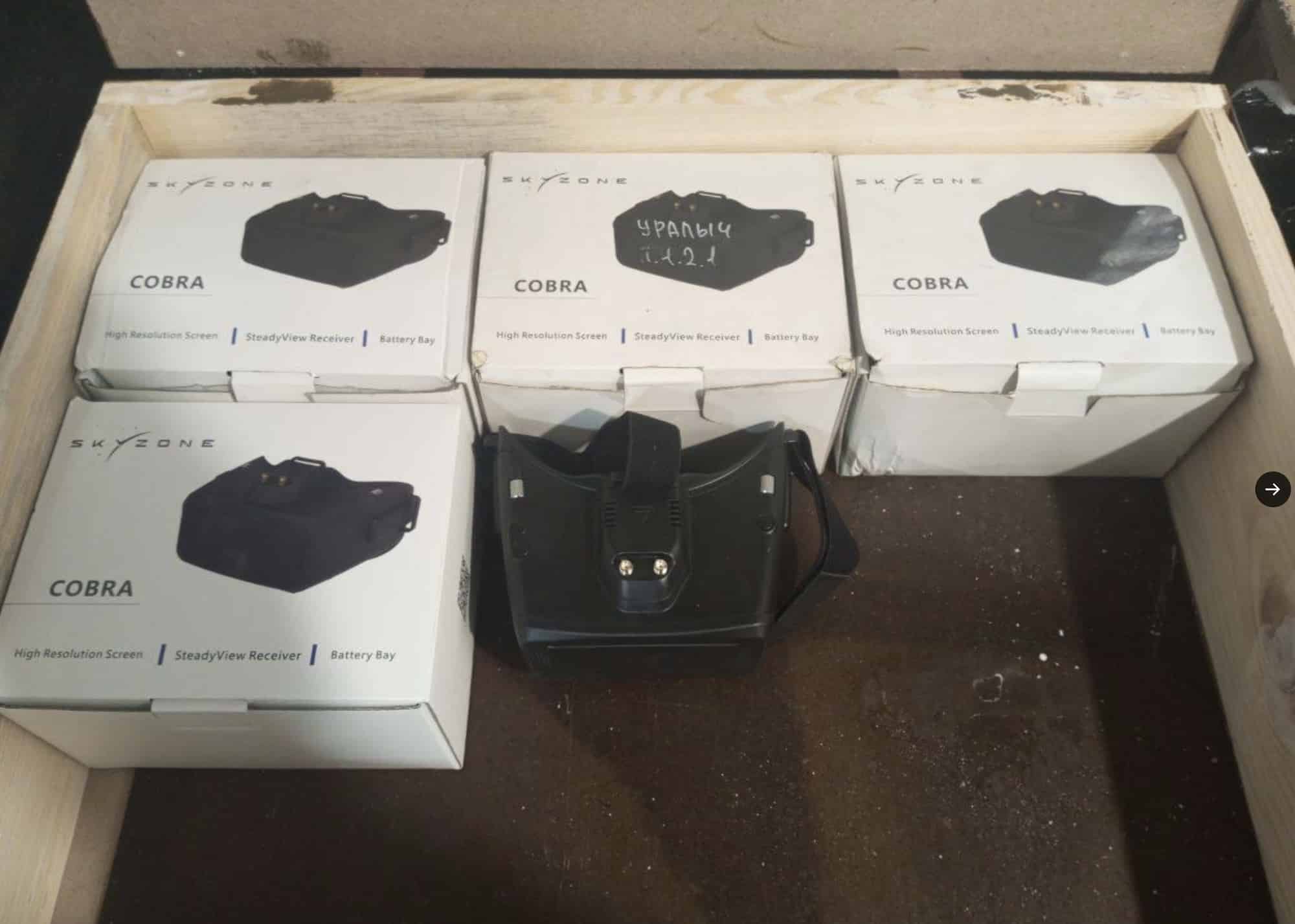
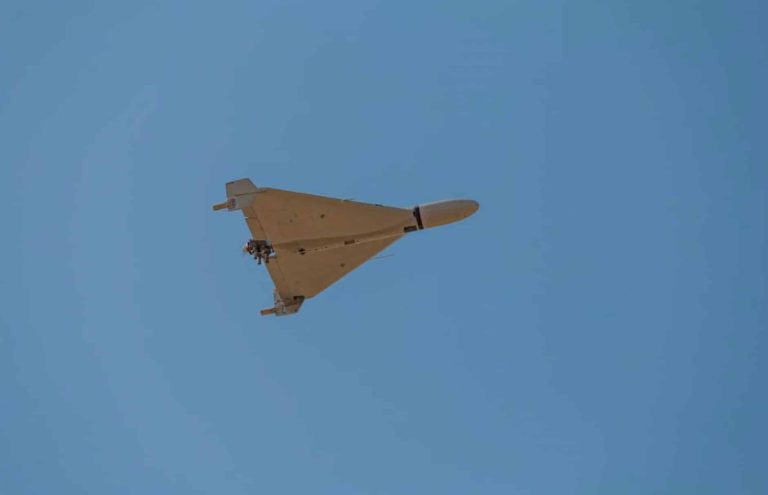
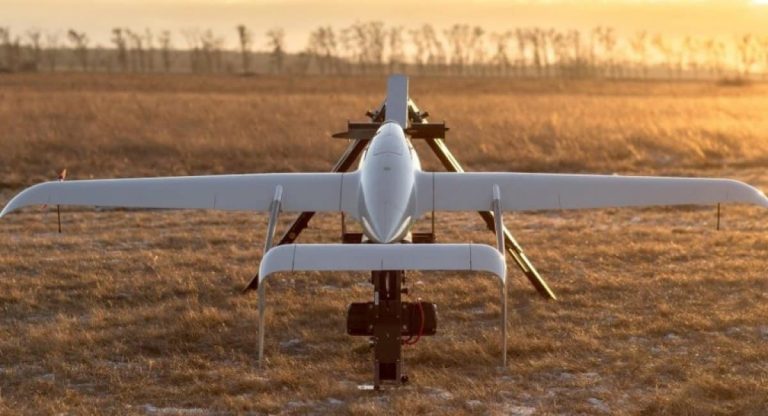

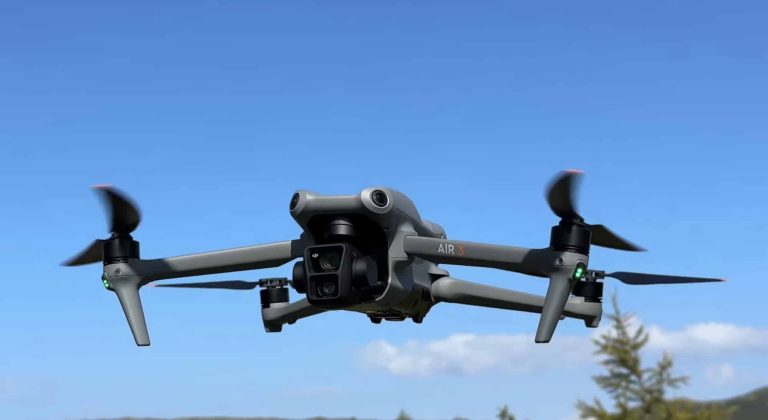
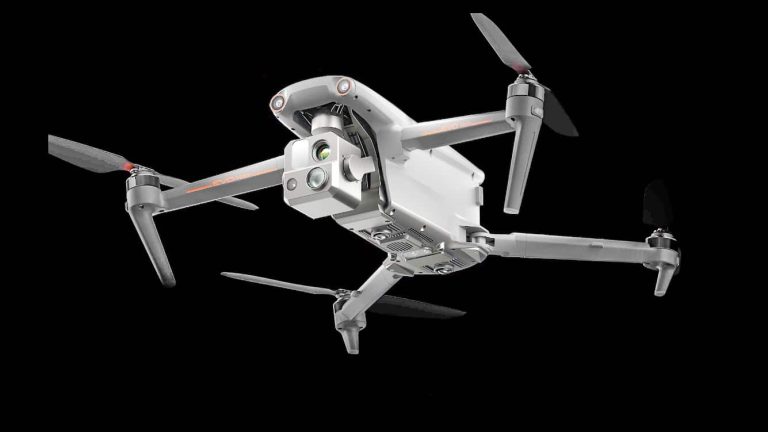




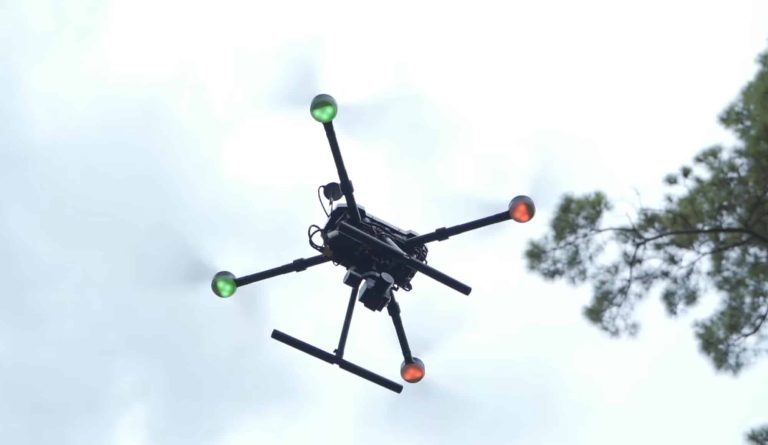

+ There are no comments
Add yours